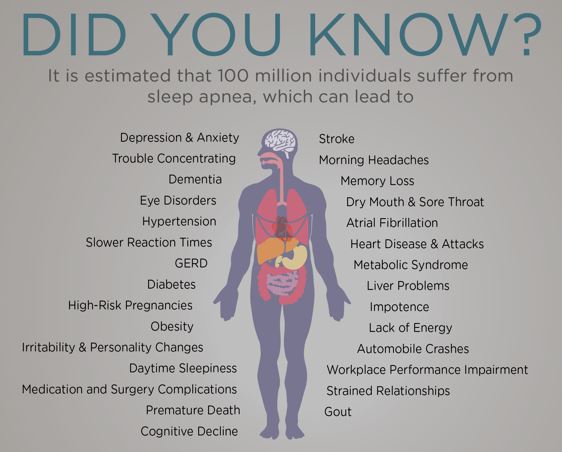Sleep Hygiene: Your Path to Better Sleep
Sleep Hygiene: Your Path to Better Sleep
At Comprehensive Sleep Care Center, we believe quality sleep is the foundation of good health. One of the most effective ways to improve sleep is by practicing good sleep hygiene. But what exactly does that mean?
Sleep hygiene refers to the daily habits and environment that promote consistent, uninterrupted, and restorative sleep. Whether you struggle with insomnia, daytime fatigue, or simply want to enhance your overall health, adopting better sleep hygiene can be transformative.
Why Sleep Hygiene Matters
Poor sleep doesn’t just make you tired—it can affect every aspect of your life, from productivity and mood to long-term health risks such as heart disease, obesity, and depression. Fortunately, creating a sleep-friendly lifestyle doesn’t require drastic changes—just mindful adjustments to your routine and sleep space.
Top Sleep Hygiene Tips for Better Rest
- Stick to a Consistent Sleep Schedule
Your body thrives on routine. Aim to go to bed and wake up at the same time every day—even on weekends. A consistent sleep schedule helps regulate your circadian rhythm and makes falling asleep easier.
- Create a Relaxing Bedtime Routine
Wind down before bed with calming activities like reading, gentle stretching, or a warm bath. Avoid stimulating activities such as work emails, intense exercise, or screen time an hour before bed.
- Limit Screen Time
Blue light from phones, tablets, and computers can suppress melatonin—the hormone that makes you sleepy. Try “unplugging” at least 60 minutes before bedtime or use blue light filters.
- Optimize Your Sleep Environment
A cool, quiet, and dark bedroom promotes deeper sleep. Invest in blackout curtains, white noise machines, or a supportive mattress and pillow to enhance your comfort.
- Watch Your Diet
Avoid caffeine, heavy meals, and alcohol close to bedtime. While alcohol may make you feel drowsy initially, it disrupts sleep quality later in the night.
- Get Natural Light Exposure
Daylight helps regulate your internal clock. Try to spend time outside during the day, especially in the morning. If that’s not possible, consider a light therapy lamp.
- Stay Active—But Not Too Late
Regular physical activity can help you fall asleep faster and enjoy deeper sleep. Just be sure to finish your workout at least 2–3 hours before bedtime.
When to Seek Professional Help
If you’ve tried improving your sleep hygiene and still struggle with falling or staying asleep, you may have an underlying sleep disorder such as insomnia, sleep apnea, or restless leg syndrome.
At Comprehensive Sleep Care Center, our team of board-certified sleep medicine specialists can help diagnose and treat a wide range of sleep conditions. We offer in-home and in-lab sleep studies, cognitive behavioral therapy for insomnia (CBT-I), PAP therapy, and more.
Your Journey to Restful Sleep Starts Here
Improving your sleep hygiene is the first step toward better sleep and better health. If you’re ready to wake up feeling refreshed and recharged, let Comprehensive Sleep Care Center guide you on your journey.
Schedule a virtual or in-office appointment today or learn more about our services at www.comprehensivesleepcare.com
Comprehensive Sleep Care Center is proud to serve patients at the following locations:



